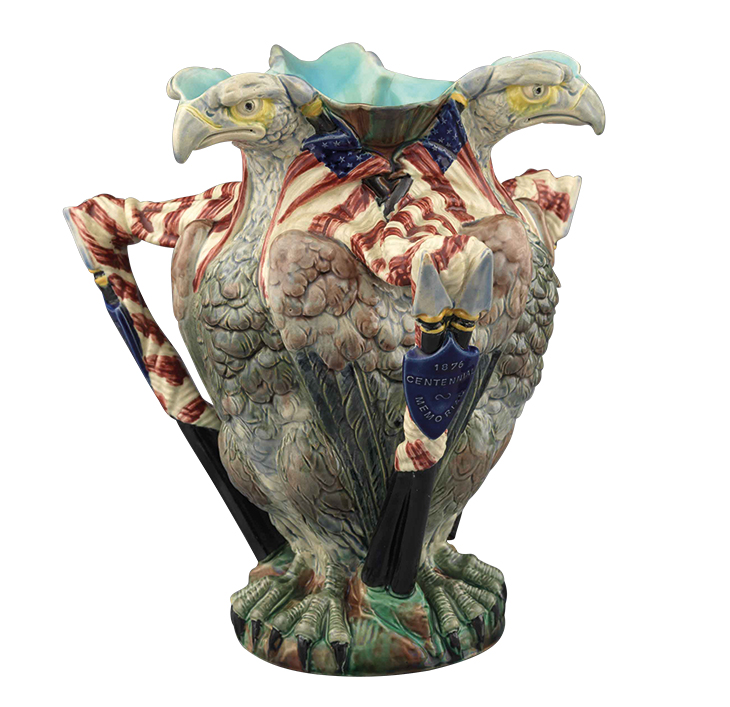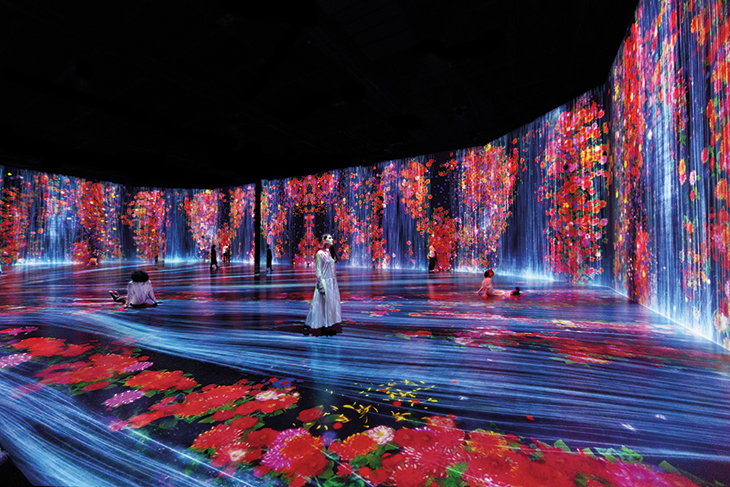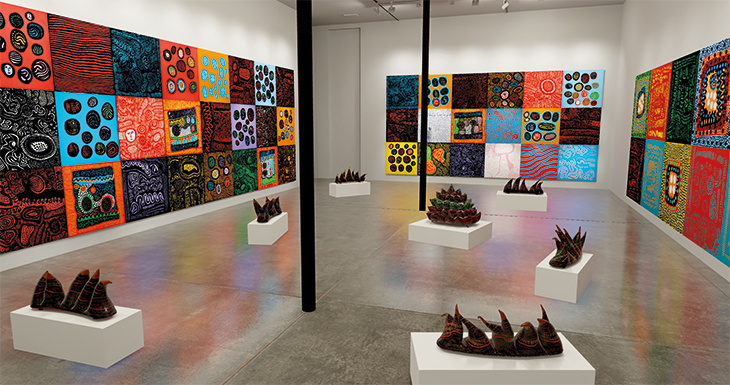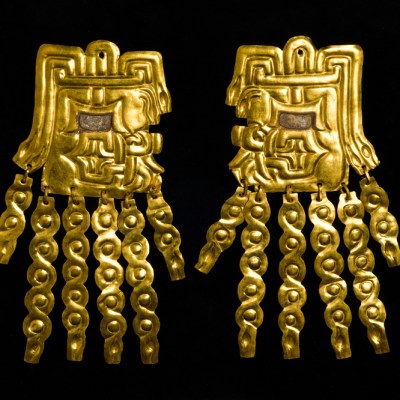This website presents the findings of Forensic Architecture’s investigation into the use of the malware Pegasus, made by the cybersurveillance company NSO Group, which, the project reports, has infected phones of journalists and activists across the world.
© Forensic Architecture, 2021

Surpassing most digital exhibitions in depth and breadth, this companion to Bard’s survey of majolica ware provides detailed information on each of the show’s themes, with introductory texts, extracts from the exhibition catalogue, audio guides and a selection of clickable ‘interactive’ images of objects on view.
Memorial vase (c. 1876), W.T. Copeland & Sons. Photo: Bruce White

Non-fungible tokens (NFTs) have been around for a few years but they hit the headlines in March when Beeple sold one for $69m at auction. This record remains unbeaten but practically everyone has since got in on the act, from artists such as Damien Hirst to museums such as the British Museum and the Uffizi.
EVERYDAYS: THE FIRST 5000 DAYS (minted 16 February 2021), Beeple

The Wallace collaborated with two other UK collections for a five-year research project on the 18th-century furniture maker: the fruits of their labours are now available to explore. Expect 3D models, isometric drawings, catalogue entries and more.
© The Wallace Collection

In May, new business venture Superblue opened the doors of its first ‘experiential art centre’ in Miami – the inaugural show featured high-tech immersive installations from Es Devlin, James Turrell and teamLAB. Pop-up projects have also since appeared in London and New York.
Flowers and People, Cannot be Controlled but Live Together-Transcending Boundaries, A Whole Year per Hour (2017), teamLAB, installation view of ‘Every Wall is a Door’, Superblue, Miami, 2021. Courtesy Pace Gallery; © teamLAB

Oliver Miro launched his extended reality (XR) service, which creates virtual shows for museums and galleries, at the start of the pandemic – and it’s still going strong. The Wallace Collection and the Irish Museum of Modern Art are among recent users.
Courtesy Ota Fine Arts and Victoria Miro; © Yayoi Kusama

The Shortlists | Acquisition of the Year | Artist of the Year | Book of the Year | Exhibition of the Year | Museum Opening of the Year



